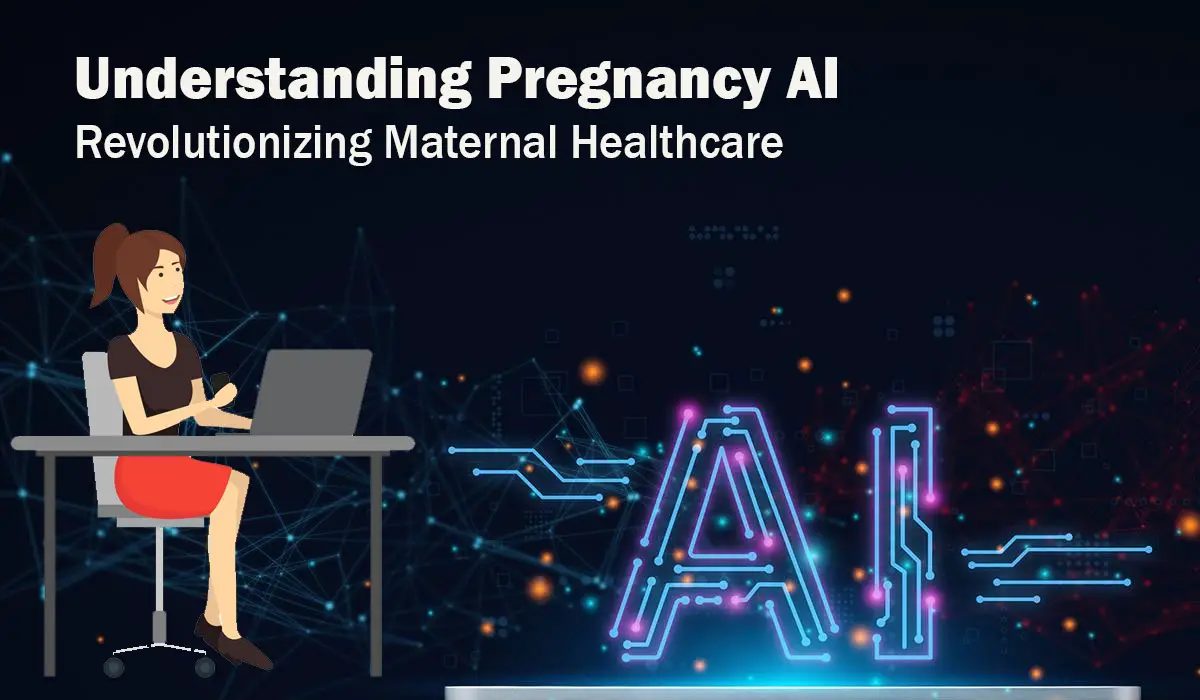Pregnancy is an exciting and transformative journey in a woman’s life. It is a time filled with anticipation, joy, and a multitude of health concerns. Advances in technology have revolutionized various aspects of healthcare, including the field of pregnancy care. One such advancement is the integration of Artificial Intelligence (AI) into prenatal care.
Pregnancy AI refers to the use of AI algorithms and tools to enhance the prediction, management, and monitoring of pregnancy-related disorders. In this article, we will explore the different applications of Pregnancy AI and how it is transforming the field of maternal healthcare.
Predicting Pregnancy Disorders
Early detection and prediction of pregnancy disorders are crucial for ensuring the well-being of both the mother and the baby. Pregnancy AI leverages machine learning algorithms to analyze large datasets and identify patterns that can help predict the likelihood of complications. By analyzing factors such as maternal age, medical history, lifestyle choices, and routine check-up results, AI algorithms can provide valuable insights to healthcare professionals, enabling them to take preventive measures and provide personalized care.
Managing and Treating Ectopic Pregnancies
Ectopic pregnancy occurs when a fertilized egg implants outside the uterus, typically in the fallopian tubes. This condition can be life-threatening if not detected and managed promptly. Pregnancy AI aids in the early diagnosis of ectopic pregnancies by analyzing symptoms, laboratory results, and ultrasound images. By detecting ectopic pregnancies at an early stage, healthcare providers can intervene quickly and prevent complications.
Assessing Risk Factors and Safety Surveillance
Every pregnancy carries certain risk factors that can affect maternal and fetal health. AI algorithms can assess these risk factors by analyzing data from medical records, genetic profiles, and lifestyle factors. By identifying high-risk pregnancies, healthcare providers can implement appropriate interventions and monitoring strategies to ensure the safety and well-being of both mother and baby. Pregnancy AI also facilitates real-time safety surveillance by continuously monitoring vital signs, fetal movements, and other relevant parameters, alerting healthcare professionals in case of any abnormalities.
Read also: How to Use Botify AI
Personalized Health Insights
One of the significant benefits of Pregnancy AI is its ability to provide personalized health insights to expectant mothers. By integrating wearable devices and mobile applications, AI algorithms can collect real-time data on maternal vital signs, sleep patterns, physical activity, and nutrition. This data is then analyzed to offer personalized recommendations and guidance to pregnant women, empowering them to make informed decisions about their health and well-being.
Fetal Heart Rate Monitoring
Monitoring the fetal heart rate is essential to assess the baby’s well-being during pregnancy. Traditionally, this involved the use of specialized equipment and manual interpretation of the readings. Pregnancy AI introduces automated algorithms that can analyze fetal heart rate patterns and detect abnormalities more efficiently. This technology enables healthcare providers to identify potential issues promptly and initiate appropriate interventions when necessary.
The Role of AI in Pregnancy Care
AI has the potential to revolutionize pregnancy care by improving diagnosis, prediction, and management of pregnancy-related disorders. It can provide healthcare providers with valuable insights, leading to better decision-making and personalized care plans. However, it is important to note that Pregnancy AI is not intended to replace the expertise and guidance of healthcare professionals. Rather, it serves as a powerful tool that complements their knowledge and enhances the quality of care provided to expectant mothers.
Conclusion
Pregnancy AI holds tremendous promise in transforming the field of maternal healthcare. From predicting pregnancy disorders to monitoring fetal health, AI algorithms offer valuable insights and assist healthcare professionals in providing personalized care. By leveraging the power of data and advanced analytics, Pregnancy AI has the potential to improve outcomes for both mothers and babies. As technology continues to evolve, we can expect further advancements in Pregnancy AI, ultimately leading to safer and healthier pregnancies.
FAQs
How accurate is Pregnancy AI in predicting pregnancy complications?
Pregnancy AI algorithms have shown significant accuracy in predicting pregnancy complications. However, it is important to remember that no prediction model is 100% foolproof. Healthcare professionals should use the insights provided by Pregnancy AI as a tool to support their clinical judgment and decision-making.
Can Pregnancy AI replace regular prenatal check-ups?
No, Pregnancy AI cannot replace regular prenatal check-ups. It serves as a complementary tool to assist healthcare providers in monitoring and managing pregnancies. Regular check-ups and consultations with healthcare professionals are essential for comprehensive prenatal care.
Are there any privacy concerns associated with Pregnancy AI?
Privacy is a significant concern when it comes to healthcare-related technologies. Pregnancy AI should adhere to strict privacy regulations and data security protocols to ensure the confidentiality of patient information. Healthcare providers and technology developers should prioritize data protection and patient privacy.
How accessible is Pregnancy AI?
The accessibility of Pregnancy AI depends on various factors, including healthcare infrastructure and technological advancements in different regions. As technology continues to advance, efforts should be made to make Pregnancy AI accessible to a broader population, including underserved communities.
Where can I find Pregnancy AI tools and resources?
Pregnancy AI tools and resources are typically provided by healthcare institutions and technology companies specializing in maternal health. Consult with your healthcare provider or search for reputable sources to access reliable Pregnancy AI tools and resources.

